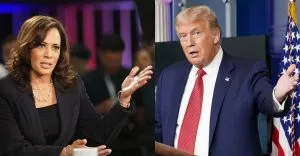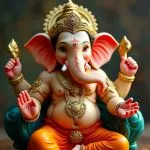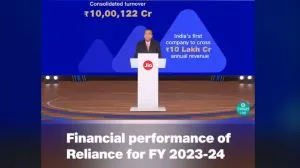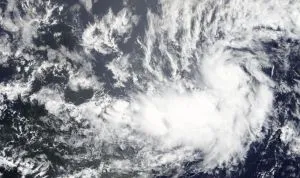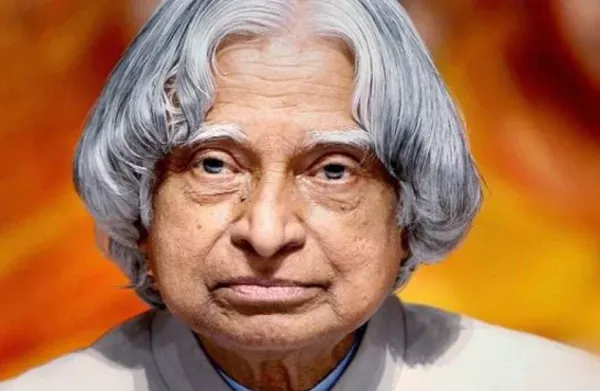
Avul Pakir Jainulabdeen Abdul Kalam was born on October 15, 1931, in Rameswaram, Madras Presidency, British India, to a Muslim family. Kalam was the eldest of five siblings. Jainulabdeen's father was the Imam of a mosque and the owner of a boat. His father transported Hindu pilgrims from Dhanushkodi (now deserted) to Rameshwaram and back. His mother was a stay-at-home mom. His forefathers had a successful grocery company between Tamil Nadu and Sri Lanka. They also used to carry pilgrims between the mainland of Tamil Nadu and Pamban Island. As a result, the family was given the moniker "Mara Kalam Iyakkivar" (Wooden boat-steerers). When the Pamban Bridge was built and opened in 1914, his family's business faltered and property was lost over time. Kalam's family was poor when he was a child, and he used to sell newspapers in his hometown to help support his family financially.
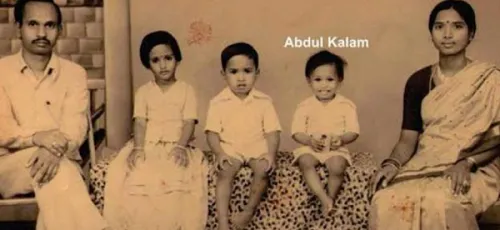
He was an ordinary student who worked really hard because he genuinely wanted to improve his education. He devoted a lot of time to learning mathematics. He attended Schwartz Higher Secondary School and subsequently Saint Joseph's College in Tiruchirappalli, where he earned his degree in 1954. Even though he got the ninth spot in the IAF, he would never get to pursue his dream of becoming a fighter pilot. After completing his studies at Madras Institute of Technology in 1960, he joined the Defense Research and Development Service and worked as a scientist at the Aeronautical Development Establishment.
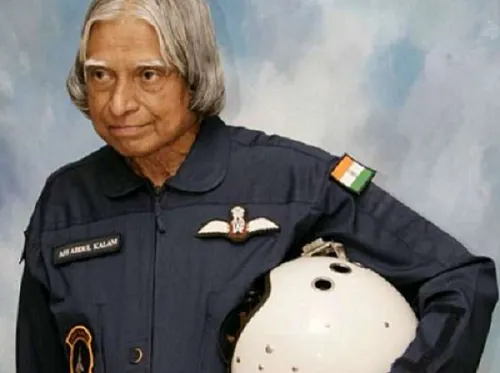
While serving on the 'INCOSPAR' committee, Kalam was mentored by none other than renowned space scientist Vikram Sarabhai. Kalam joined the 'Indian Space Research Organization' (ISRO) in 1969 after being transferred there. He was put in charge of the development of the third generation of India's satellite launch vehicle (SLV-III). Under Kalam's direction, SLV-III successfully placed the 'Rohini' satellite into a near-Earth orbit in July 1980.When Kalam returned to DRDO in 1982, he organized the program that resulted in several successful missiles, earning him the moniker "Missile Man." Agni, India's first intermediate-range ballistic missile, was launched successfully in 1989 and borrowed features from the SLV-III.
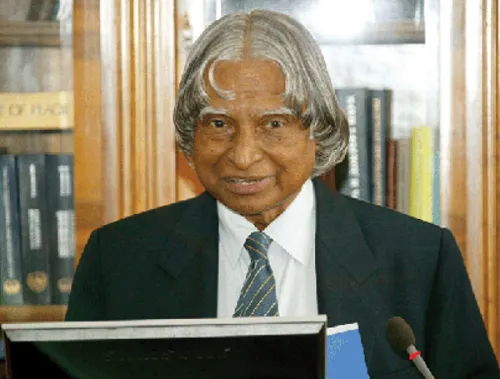
In 1970, Kalam participated in multiple programs, one of which was codenamed "Project Devil." Even though it failed, the project set the stage for what would become the Prithvi Missile in 1980. In addition, he had ties to "Project Valiant." Kalam was asked to head the 'Integrated Guided Missile Development Program' (IGMDP) in 1983, which is when he returned to DRDO as its chief. He was instrumental in India's 'Porkhran-II' nuclear tests in May 1998. When these nuclear tests were successful, they elevated Kalam to the status of a national hero, and his popularity skyrocketed. As a technical visionary, he proposed various solutions in the areas of technology, agriculture, and nuclear power to help India become a developed country by the year 2020.
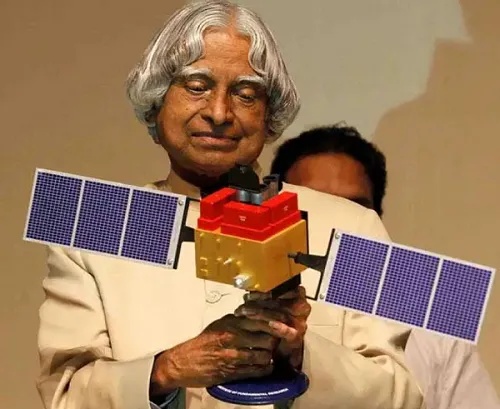
Scientist and politician from India who was instrumental in the country's efforts to build nuclear and ballistic missile capabilities. From 2002 till 2007, he served as India's president. He earned the nickname "The People's President" due to his popularity among the general public and his willingness to engage with young people.
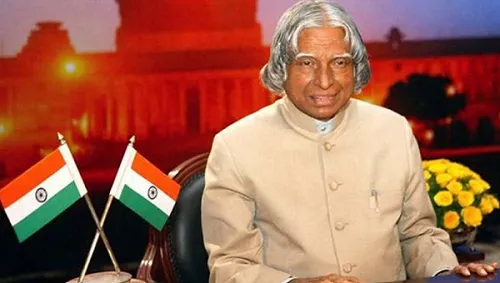
The Indian government awarded Kalam the ‘Bharat Ratna,’ ‘Padma Vibhushan,’ and ‘Padma Bhushan.’ The Indian government awarded him the 1997 ‘Indira Gandhi Award for National Integration’. He won the Veer Savarkar Award. The Alwars Research Centre awarded him the Ramanujan Award in 2000. The Royal Society awarded him the "Kings Charles II Medal" in 2007. The US ASME Foundation awarded Kalam the Hoover Medal. The UN declared Kalam's 79th birthday World Students' Day. MTV Youth Icon of the Year nominations came in 2003 and 2006. He fell during a presentation at the Indian Institute of Management Shillong on July 27, 2015, and died from heart arrest.

